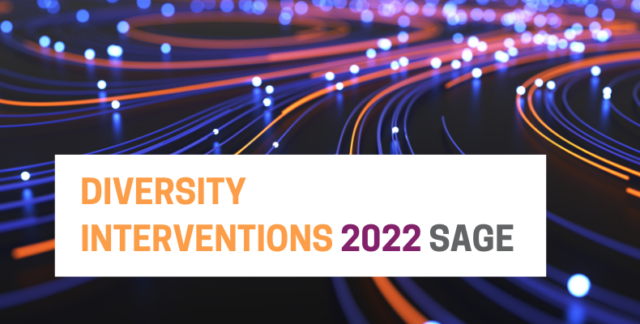Evidence of persistent barriers to women’s advancement in higher education are well-documented. In response, over the past two decades, many Certification and Award schemes (CAS) related to gender equality, diversity and inclusion have emerged in the higher education, research and industry sectors. The Athena Swan Charter “is arguably the most prominent and well-known certification system for research organisations” (p. 6).[1]
The Athena Swan Charter was established in 2005 to combat the gender inequities in higher education and research careers faced by women in science, technology, engineering, maths and medicine (STEMM). The Charter’s remit expanded in 2015 to encompass gender equality in academia and research in the fields of arts, humanities, social sciences, business and law. As of July 2021, there were 962 active awards in total, with 164 held by institutions and 798 by departments.
Notwithstanding the significant role that AS plays in HEIs gender equity policy and practice, the perceived impact of AS upon these work experiences, remains under researched and theorised. We therefore designed a research project where academics and professional staff employed in across 12 schools or units within academic institutions in the UK and Northern Ireland were invited to provide their demographic details and to describe their work experience and career opportunities. A total of 207 respondents participated in the survey from various institutions across England, Scotland, Northern Ireland and Wales.
Quantitative findings revealed that even in HEIs that have been awarded (and thus recognised) for supporting gender equality, a higher proportion of males were employed in a permanent/ongoing basis; were more likely to be promoted, and promoted within a shorter timeframe than females; more likely to hold a senior professorial and leadership role than females; and less likely to spend 40 hours of more on caring responsibilities than females. Furthermore, Black and Asian participants were found to have been employed for under 5 years.
The recurrent themes that emerged in the qualitative data were:
- women experience the role of primary carer as a barrier to career success;
- a gendered allocation of tasks/workload prevent access to promotion;
- there is a lack of engagement with, and appropriation of, female ‘voice’; and
- the intersection of religion and gender can reinforce gendered and raced structures.
Analysis of these findings illuminate that, despite the implementation of gender equity plans, raced and gendered power structures within HEIs are maintained through ‘everyday sexism’[2] and further suggest that the geographical contexts of HEIs not only reflect but appear to constitute intersectional experience.
The outcomes demonstrate a multiplicative effect of race/religion and parental responsibility on career opportunities for women, reinforces the need for data collection and analysis that is sensitive to intersectional social identities, and recommendation to use a place-based lens to focus on social locations rather than groups in research and policy development.
[1] Tzanakou C, Clayton-Hathway K and Humbert AL (2021) ‘Certifying gender equality in research: lessons learnt from Athena SWAN and total equality award schemes’, Frontiers in Sociology, 6:784446.
[2] Savigny H (2014) ‘Women, know your limits: cultural sexism in academia’, Gender and Education 26(7):794–809.
Presenter
- Gail Crimmins, University of the Sunshine Coast
Co-authors
- Sarah Casey, University of the Sunshine Coast
- Maria Tsouroufli, Brunel University

